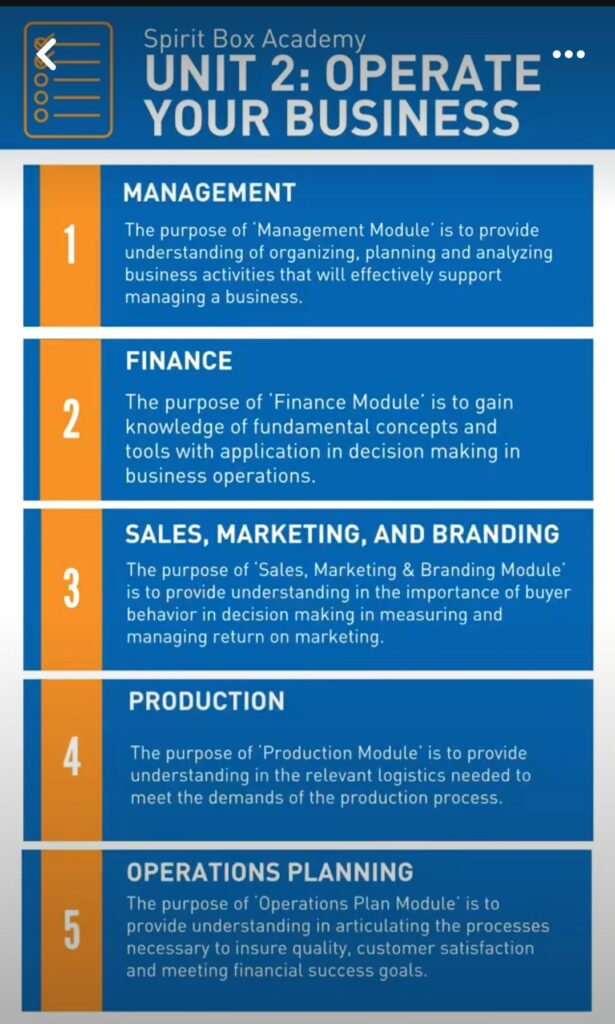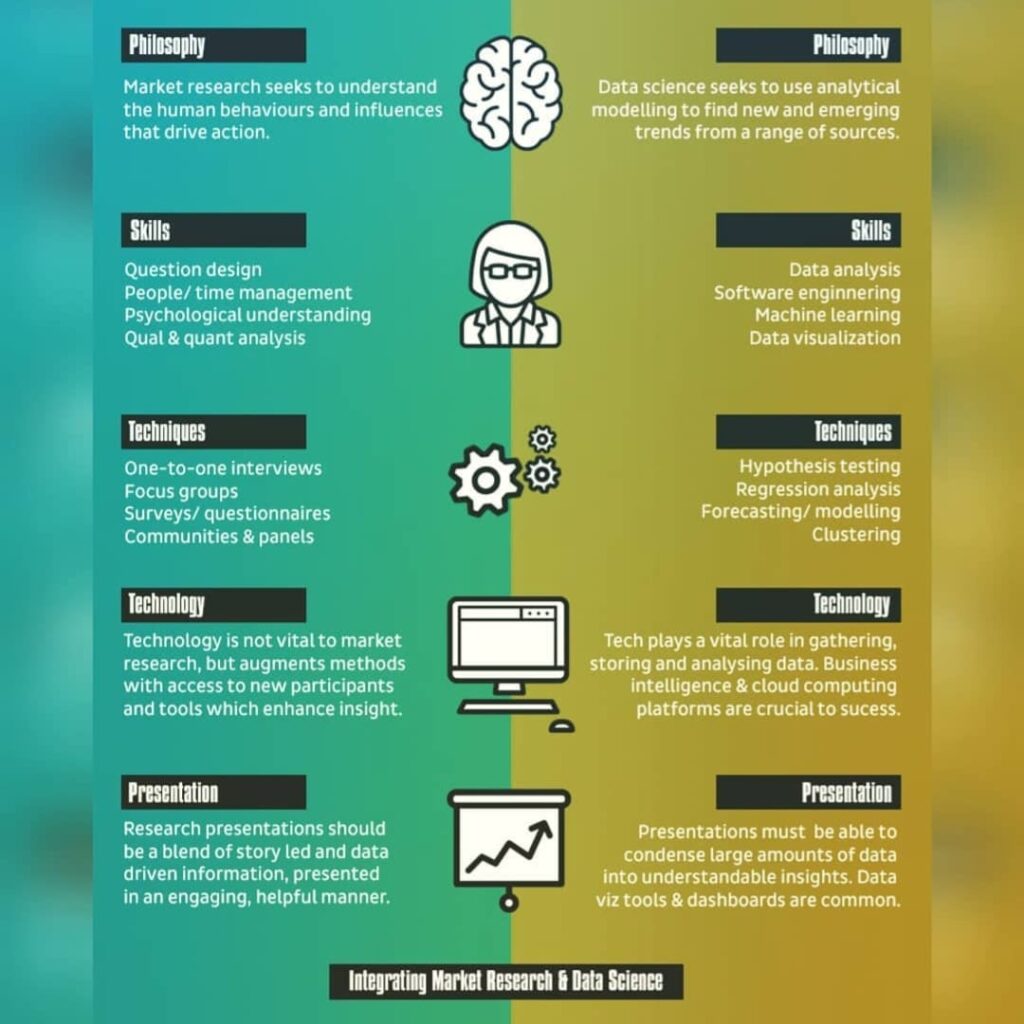
1.Religion profoundly influences human experiences, shaping identities, values, and behaviors. For millions around the world, Islam is not just a faith but a comprehensive way of life that informs their actions, relationships, and worldviews. This article explores the multifaceted impact of Islam and religion on personal life, examining how faith shapes individual identity, moral frameworks, community interactions, and responses to global challenges.
Personal Identity and Spiritual
Connection For many Muslims, Islam is integral to their personal identity. The act of declaring the Shahada—the testimony of faith—marks an individual’s formal entry into the faith, fostering a profound sense of belonging to the ummah, or the global Muslim community. This connection provides emotional and spiritual support, creating a network of shared beliefs and practices.
Personal Transformation
Many Muslims experience personal transformation through their faith. The teachings of Islam encourage individuals to reflect on their actions and seek forgiveness. This ongoing process of self-examination promotes personal growth, helping individuals align their behaviors with their values and beliefs.
Spiritual Practices
Islamic practices, such as the Five Pillars, guide daily life and spirituality. Engaging in Salah (prayer) five times a day offers moments of reflection and connection with God (Allah). This regularity instills discipline, mindfulness, and a sense of peace. Fasting during Ramadan, another essential practice, cultivates self-control and empathy for the less fortunate, reinforcing a deep spiritual bond with one’s faith.
2. Moral Values and Ethical Framework
Core PrinciplesIslam provides a rich ethical framework derived from the Quran and Hadith (sayings of the Prophet Muhammad). Core principles such as justice, compassion, honesty, and respect guide the behavior of Muslims. These values shape personal conduct and inform moral decisions in everyday life, from interactions with family and friends to business dealings.
Influence on Decision-Making
Muslims often turn to their faith when faced with moral dilemmas. Islamic teachings encourage individuals to consider the consequences of their actions on others and to act with integrity. This ethical framework fosters a strong sense of responsibility and accountability, influencing choices related to work, family, and community engagement.
Social Justice and Activism
Many Muslims are motivated by their faith to advocate for social justice. The concept of promoting justice (Adl) is central to Islamic teachings. This commitment often translates into activism, as individuals work to address issues such as poverty, inequality, and human rights violations. Engaging in charitable activities, volunteering, and supporting community initiatives reflect a commitment to these values.
3. Community and Social Cohesion
Collective WorshipIslam emphasizes the importance of community, particularly through collective worship. Attending Friday prayers at the mosque fosters a sense of unity and belonging among community members. These gatherings provide opportunities for social interaction, support, and networking, reinforcing communal bonds.

Cultural Conflicts
In multicultural societies, expressions of Islamic identity may sometimes lead to tensions. Cultural practices that accompany religious beliefs can be misunderstood or misrepresented, resulting in conflict. Engaging in dialogue and education is essential for fostering understanding and respect among diverse communities.
Balancing Tradition and Modernity
Many Muslims face the challenge of balancing traditional values with modern societal norms. This tension can lead to conflicts within families and communities as individuals navigate their identities in a rapidly changing world. Open discussions about faith, values, and societal expectations are vital for fostering understanding and harmony.
Conclusion
The impact of Islam on an individual’s life is profound and multifaceted. From shaping personal identity and moral values to fostering community bonds and promoting social justice, Islam serves as a comprehensive framework that influences the daily lives of millions. While challenges and misunderstandings exist, the core teachings of compassion, justice, and community provide a foundation for resilience and harmony in an increasingly interconnected world. By embracing the positive aspects of their faith, individuals can navigate life’s complexities with purpose, integrity, and a commitment to the greater good.





Leave a Reply